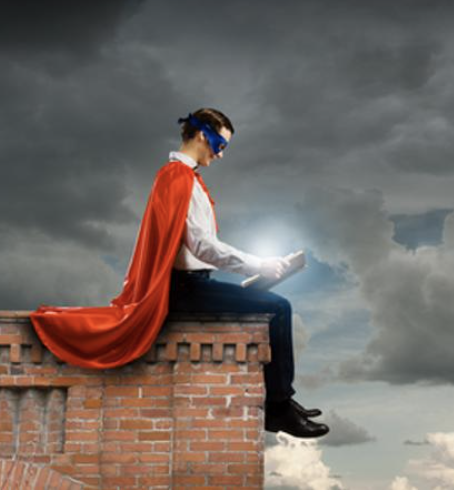
Sometimes, when writers get together, an idea will ignite and become a kind of running theme for the duration. And so it was this week during HippoCamp Weekend, a mini-conference put on by Hippocampus magazine, that one refrain almost became the motto:
No heroes. No villains.
“Of course we do have people who have been heroes to us, or who have behaved villainously to us,” said Jiordan Castle, author of the YA memoir Disappearing Act. “It’s very important in nonfiction…just like it is in fiction, that the gray areas are not only more interesting, they are also more true.”
This is a different take on how we as writers usually think of heroes and villains. We like to say, make them three dimensional. We (including me!) like to say, look for their shadow selves so you can make them more fully human. You can have heroes and villains, we say. Just make them believable.
This was not that. When these writers said none, they meant, None.
This idea might sound radical, but I don’t think it’s new. In an interview a few years ago, Jamaican-born novelist Marlon James alluded to it while talking about readers who crave more Black characters in books, but want them only to be heroes.
“But representation doesn’t just mean heroes,” James said. “If we want to show the full range of human experience, it must include the bad. It must include the difficult. But I also want to believe they’re people, as opposed to types. Otherwise, we’re just going to end up with a bunch of one-dimensional villains and magic Negroes.”
It’s OK if you’re skeptical. But let’s say you were going to try to give up heroes and villains, cold turkey. The question then is, how?
James immersed himself in the mythology of African cultures, “because I wanted to know what it feels like to have that thing so far in the back of my skull that I take it for granted.” That, he said, it changed the way he viewed the world, and stories.
Castle sought heroes and villains that were things other than people. Her book is about growing up while her father was imprisoned, so “a more interesting villain is, in my case, the criminal justice system, a system [I’m] fighting against.”
And her hero? “It’s not someone coming in to save anyone. It’s the journey, the realization you have.”
Maryann Aita, author of Little Astronaut, had maybe the most fun method for avoiding heroes and villains: Self-deprecation.
“It’s always okay to make fun of yourself, but avoid being cruel,” Aita said. “Self-deprecation brings a sort of awareness. You don’t want to be so cool that people don’t like you.”
For example, she said, if you write about a time you rushed to the bedside of someone in the hospital, be sure to include the fact that you packed three pairs of shoes.
“You need to ask, why would I bring—to a hospital visit—a pair of high heels, a pair of flip-flops, and a pair of sneakers?” she said.

Kelly Caldwell
Dean of Faculty


